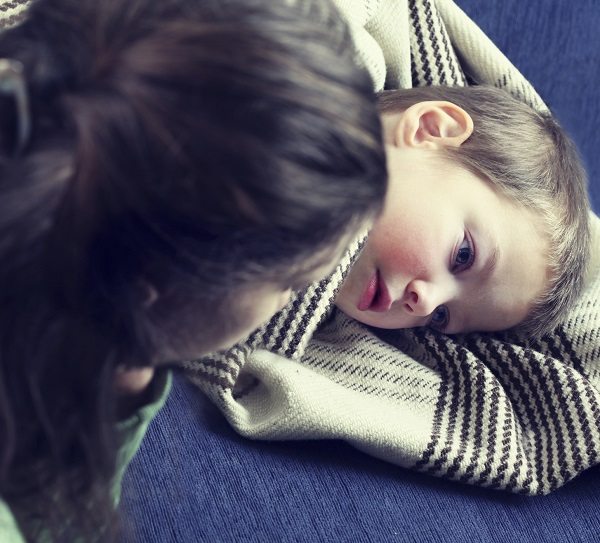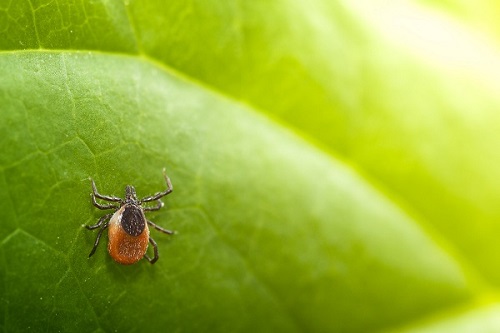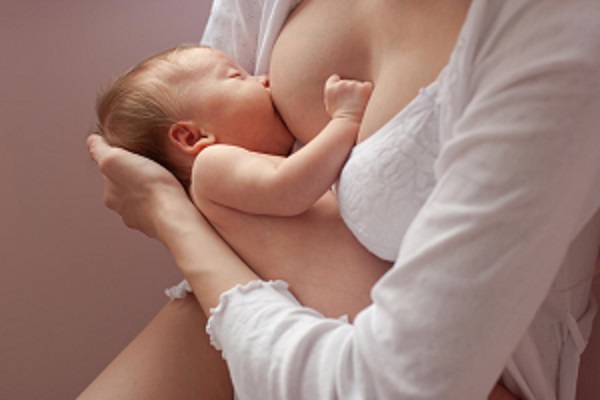
Slapped Cheek Syndrome is caused by parvovirus B19, and it’s estimated that 50-80 per cent of all adults have had it at some stage. It’s known mainly as a childhood disease, although anyone of any age can get it. Symptoms can be so mild that often people don’t know they’ve been infected. Once you’ve had it, your body develops life-long immunity to the virus. It’s spread in much the same way as a cold, and is very contagious.
Symptoms
The first stage of Slapped Cheek Syndrome is characterised by flu-like symptoms, such as a temperature of about 38°C (not usually above 38.5°C), a sore throat and/or headache, itchy skin and tiredness. This is when the child is most contagious. The bright red rash appears on the cheeks after about three to four days. At this stage, your child is no longer contagious so it’s fine to send him/her to school/creche if he/she feels well enough. Finally, the rash may spread to other areas of the body, such as the chest, stomach and legs. The rash may be itchy and raised, but is not contagious.
Treatment
Slapped Cheek Syndrome is usually mild and quickly passes; however, there are some easy remedies to treat uncomfortable symptoms. For instance, over-the-counter painkillers like paracetamol or ibuprofen can be used to relieve a temperature or headache, while antihistamines can be taken to relieve itch. Be sure to choose age-appropriate products, as guided by your pharmacist, and never exceed dosage guidelines. Otherwise, the best advice is to get plenty of rest and to drink lots of fluids.
Complications
Slapped Cheek Syndrome is usually mild and self-limiting. There are some groups of people in which the virus can be more serious and cause bad side effects. These can include:
- People with certain blood disorders, such as sickle cell anaemia. Their blood does not contain enough red blood cells, and an infection can diminish these further.
- Pregnant women with no immunity. Slapped Cheek can increase the risk of a miscarriage as there is a chance that the virus can cause bad anaemia in the unborn child. However, remember that the majority of adults have immuity to the disease, many without knowing it.
- People with a compromised immune system thanks to treatment like chemotherapy or a condition like HIV. An infection can cause prolonged and sometimes severe symptoms in this group.
If you come into contact with Slapped Cheek Syndrome and think that you are in a high-risk group, talk to your GP or medical care team. For more general information on Slapped Cheek Syndrome and other common childhood illnesses, see the HSE website, www.hse.ie








